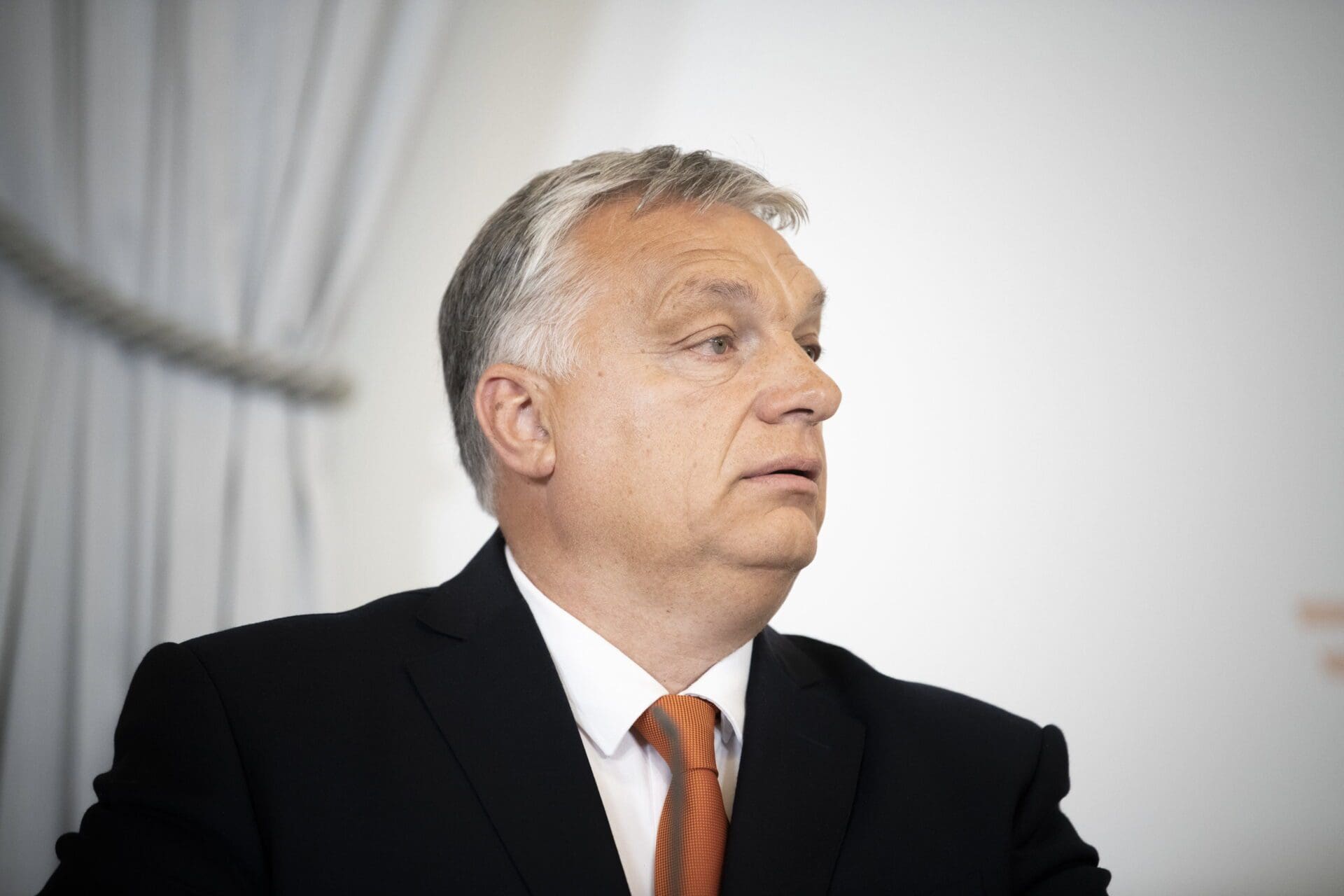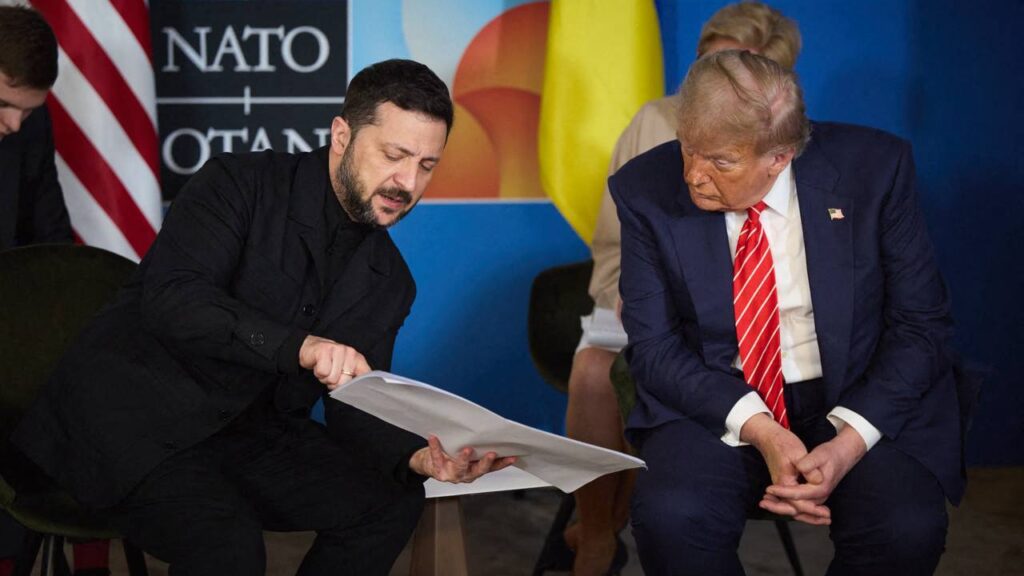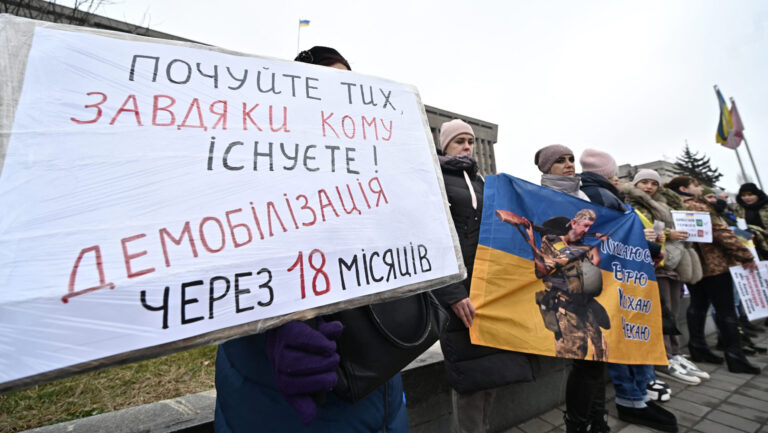In a recent opinion article published by The Wall Street Journal, William Nattrass, a British freelance journalist and commentator based in Prague, suggests that support for the Hungarian government’s stance on the war is high even among opposition voters.
Looking at the broader Central European picture, the author reminds that most governments in Eastern Europe are still firmly supporting Ukraine, however, people in the rural areas of their countries are getting more and more sceptical of the war. Those who are advocating for peace talks and support the resumption of economic relations with Moscow are labelled ‘extremists’.
People Increasingly Divided over Ukraine
According to the author, support for Ukraine has evolved into the defining issue in debates over national identity as pro-European Union coalition governments increasingly define themselves against populist opposition parties. The Czech Republic and Slovakia have been quite supportive of Kyiv, but their political elites treat the majority of the locals, doubtful about the extent of support being given to Ukraine’s military effort, with contempt.
Those pro-Ukraine claim that anti-war and anti-government demonstrators in the Czech Republic, who gather under the banner of the social movement ‘Czech Republic First,’ are driven by hatred. Tens of thousands of people demonstrated in the Czech Republic on 28 October to demand the resignation of the government and to protest at the rising cost of living; two days later, a counterprotest in favour of Ukraine drew an equal number of people. Asserting that ‘our enemies’ would not be permitted to ‘steal our patriotism or our flag,’ the interior minister of the Czech Republic, Vít Rakušan, appeared to depict anyone who questioned the government’s approach to Ukraine as an enemy of the state.
Nattrass notes that the governments of Prague and Bratislava have been praised for their unwavering backing of Kyiv. Both nations have taken in tens of thousands of Ukrainian refugees; the Czech Republic was the first NATO member to supply tanks to the Ukrainian army. At the same time, these governments have failed miserably in their efforts to increase public support for Ukraine, Nattrass points out. They have not only allowed, but outright encouraged the conflict to become a domestic culture war between urban residents and less well-off rural voters who are worried about how the war will affect the cost of living. The adversarial environment is fuelled by the Czech government’s undisguised contempt for the demonstrators. Anti-war protests, according to Prime Minister Petr Fiala, are proof of the existence of a ‘Russian fifth column’ that is ‘close to extremist positions.’
Political Disdain
Such remarks have contributed to the Ukraine war becoming a ferociously politicized topic, further enmeshing already-existing social and cultural differences, Nattrass opines. People that support Kyiv are typically pro-EU and advocates of progressive values, with the recent pro-Ukraine counterdemonstration in Prague emphasizing support for the LGBT community. By contrasts, the majority of anti-government protestors are suspicious of the motives and the geopolitical influence of the United States. There are very few mentions of Vladimir Putin at Czech Republic First’s demonstrations, but there are many banners, placards, and speeches criticizing American influence, the author highlights. No matter how much one disagrees with their viewpoints, branding these protesters as extremists will not increase support for Ukraine, he notes. Instead, serious thought needs to be given to why so many people in Eastern Europe feel alienated by traditional politics and media.
The governments of Eastern Europe have been adamant in their efforts to help Ukraine; at the end of October, the Czech cabinet travelled to Kyiv to meet with President Volodymyr Zelensky. According to Nattrass, unless these leaders adopt a more empathetic attitude toward their own people, they might reap a storm of discontent ahead of the challenging economic times to come. Even when the moral reasons are sound, it is considerably more difficult for citizens to support a government that seems to prioritize the interests of others rather than those of its own populace.
Hungarians May Not Be the Only Ones Who Support the Anti-War Stance
This is demonstrated by the domestic response to Viktor Orbán’s unrepentant ‘Hungary First’ position on the conflict. Even among opposition voters, his agenda enjoys strong support according to the author. The number of Hungarians who are in favour of sanctions on Russia is decreasing, and there is widespread support for the government’s decision to refuse to deliver arms to Kyiv.
But according to a recent poll, more than 50 per cent of people in Slovakia now want Russia to win the conflict, with a fifth of respondents calling for a ‘clear victory’ for the Kremlin. And while it is generally believed that support for Russia in Eastern Europe is generational, the poll found that the 30–39 age group had the highest percentage of respondents who want Russia to win.
Researchers frequently assert a link between education and support for Ukraine, feeding the myth that anti-war protesters are ignorant country folk driven by selfish self-interest, the author noted. This dubious characterization is dangerous for governments eager to continue supporting Kyiv. ‘Shutting down debate by dismissing opposing voices as stupid, selfish or extremist is the surest path to boosting a groundswell of opposition to support for Ukraine,’ the British commentator concluded.
Related Articles:








